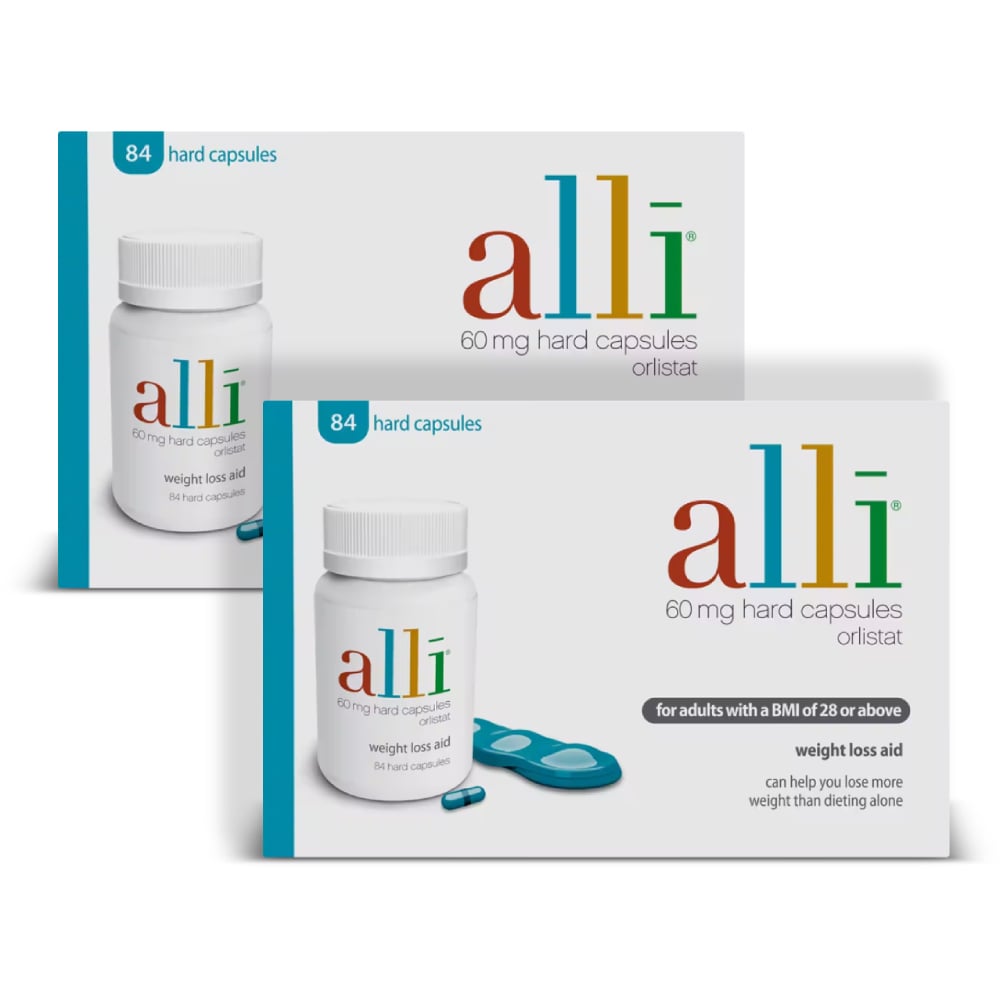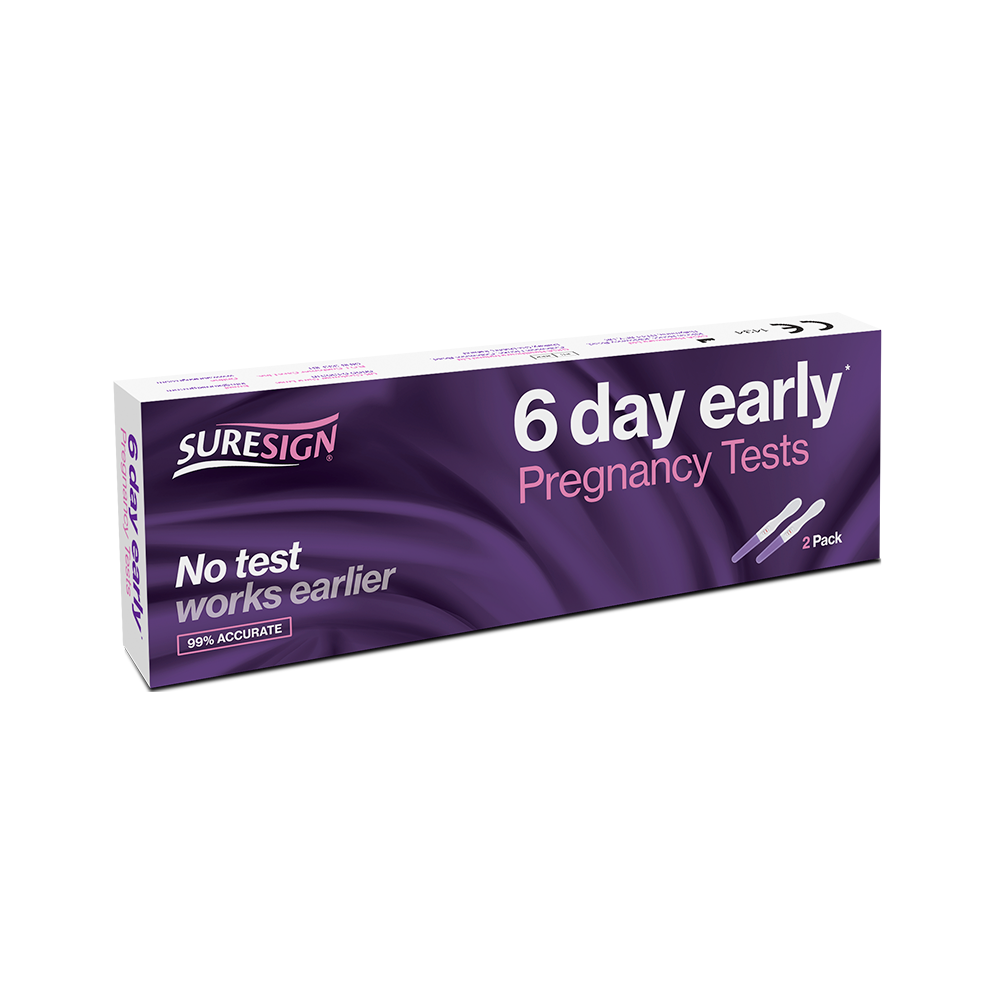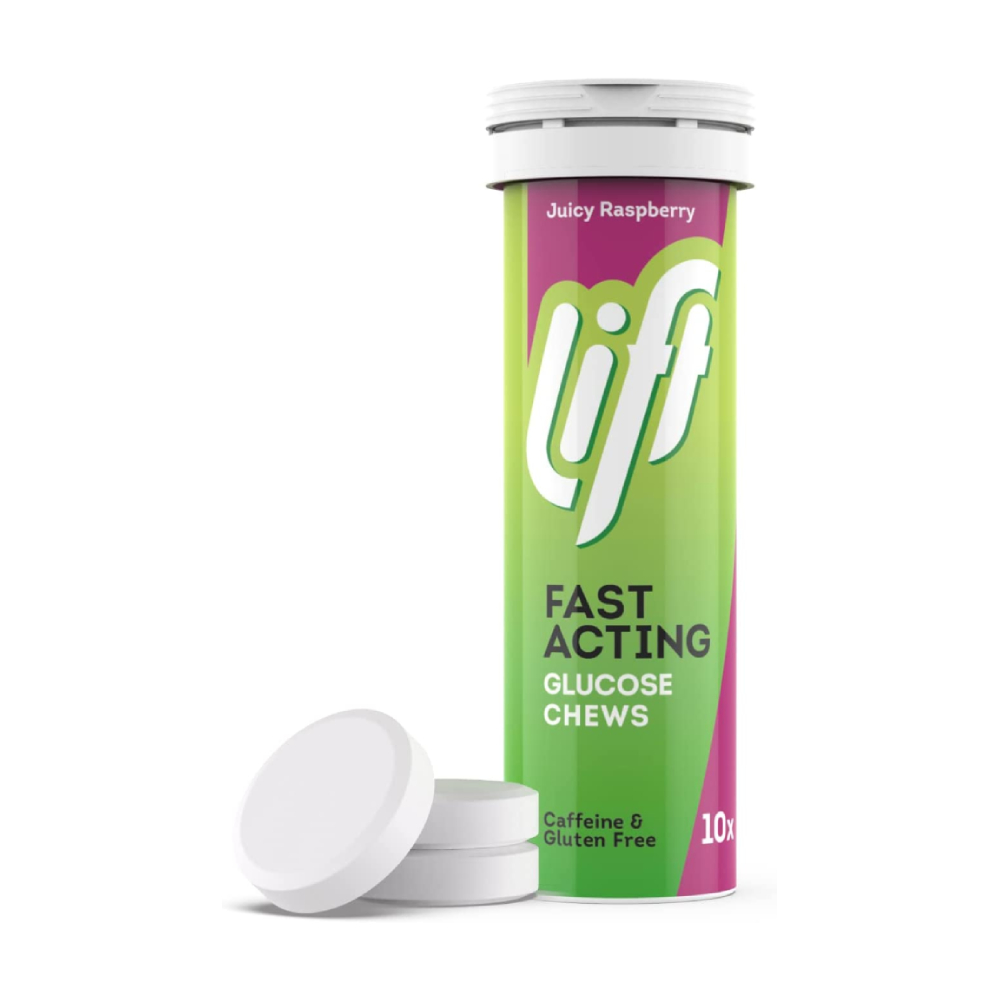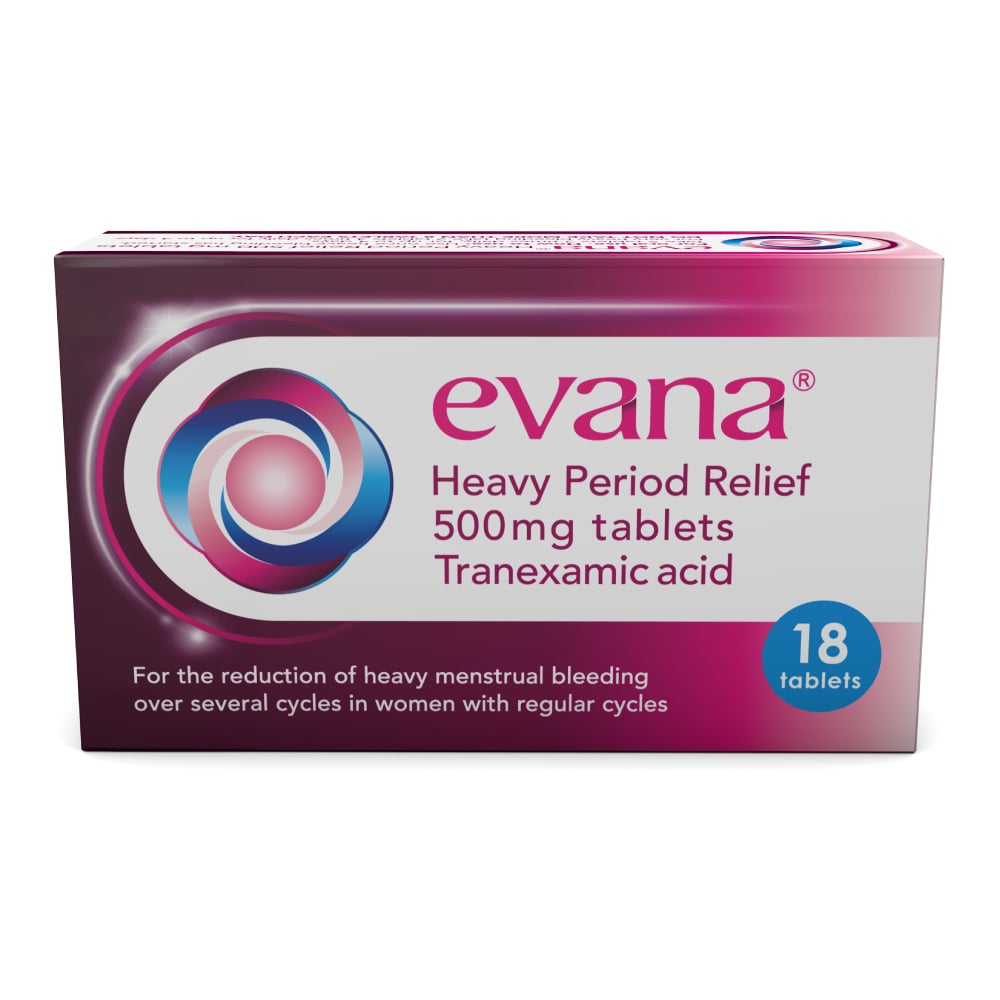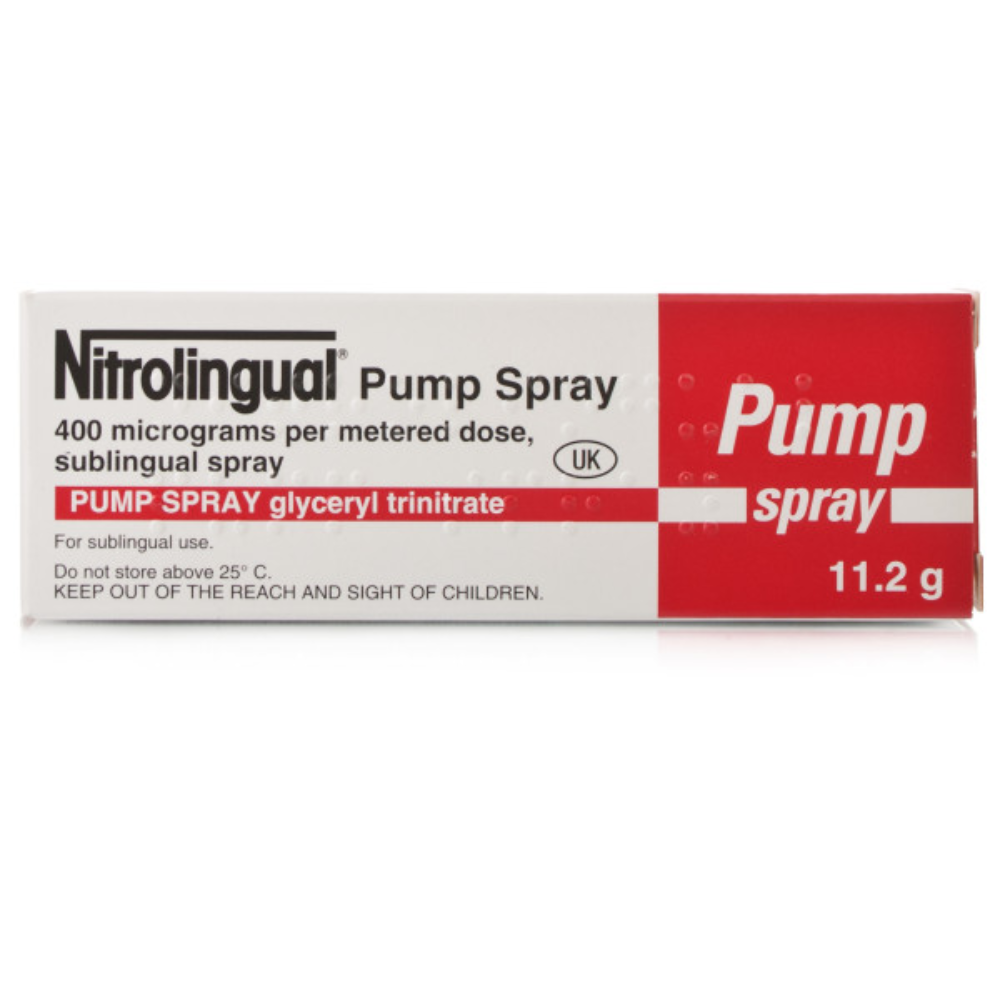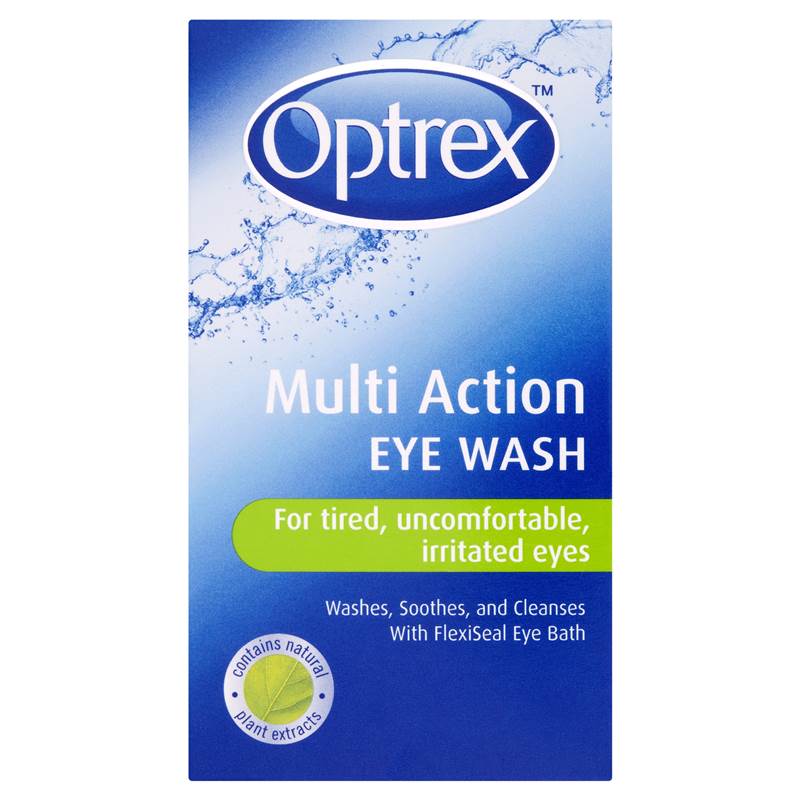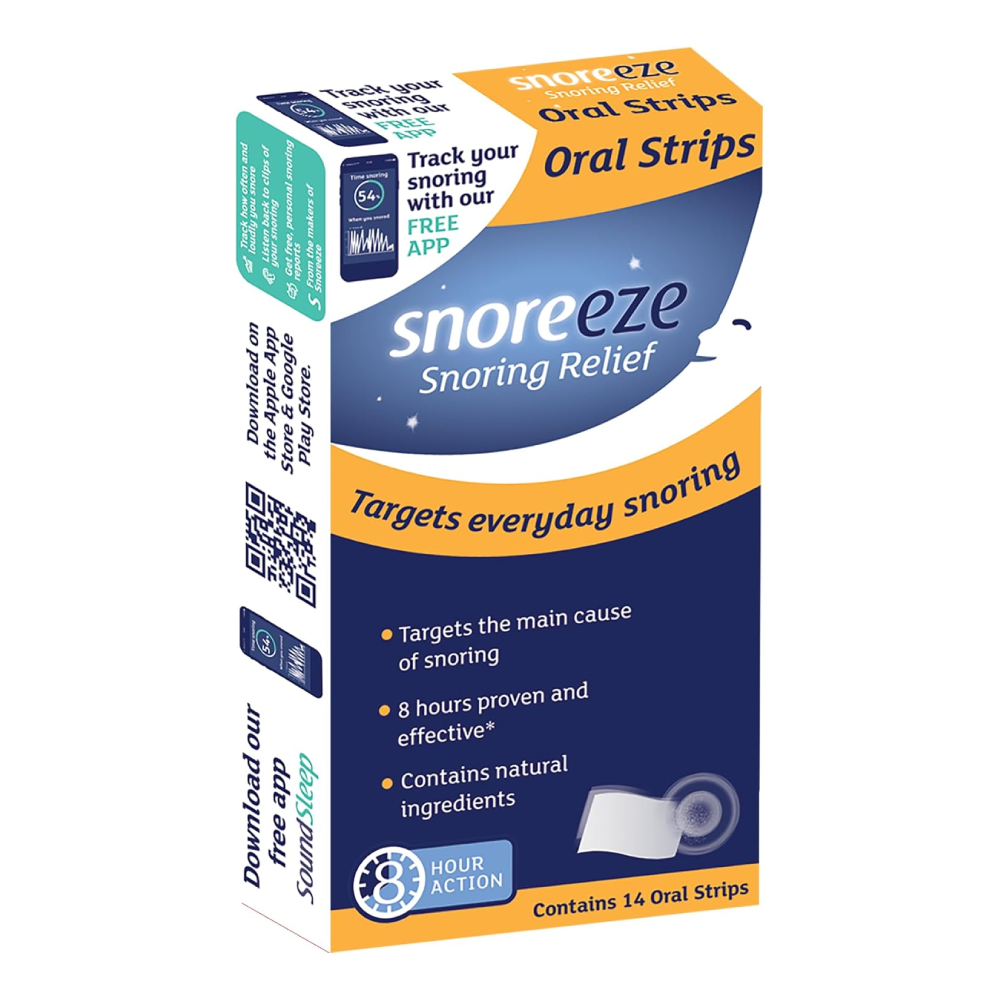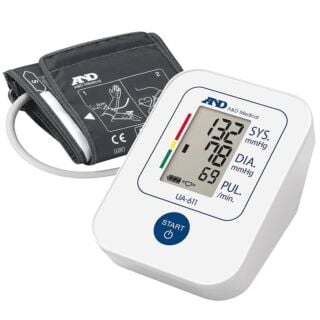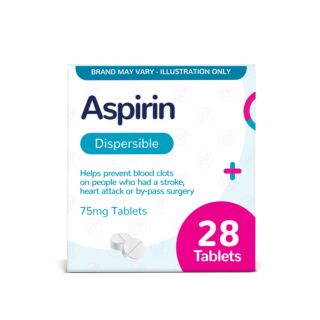High Blood Pressure
11.8 million adults in England had high blood pressure (hypertension) in 2017.1 That’s 26.2% of the population, or around one in four adults.1 So, chances are either you or someone you know has high blood pressure. … Read More See less
High blood pressure doesn’t always cause any noticeable symptoms.2 However, it can lead to some serious complications, like heart attack and stroke.2 So it’s important to monitor your blood pressure so you can make adjustments to your lifestyle if it starts to get too high.
But if you’re not a medical professional, it can be difficult to know what to look for in a blood pressure reading and what to do about it if yours comes back a bit too high. So, let’s discuss high blood pressure, the potential complications if it’s left untreated and the best blood pressure monitor in the UK.
What is high blood pressure?
Your arteries are vessels that carry blood from your heart to the rest of your body.2,3 Blood pressure is the pressure or force of your blood pushing against the walls of your arteries.2,3
You actually need a certain level of pressure in your arteries to get the blood moving around your body.2–4 Naturally, your blood pressure goes up and down throughout the day and night, and changes from when you’re at rest to when you’re moving.2 But if your blood pressure is consistently high, even when you’re resting, it puts additional strain on your blood vessels and organs, such as your heart, brain, kidneys and eyes.2,3,5
Types of high blood pressure
You will be diagnosed with one of two types of high blood pressure:4–6
- Primary hypertension – occurs in about 90% of people and has no identifiable cause other than ageing and lifestyle factors, like not getting enough exercise
- Secondary hypertension – occurs in about 10% of people and has a known underlying cause, like a medical condition or a medication you’re taking
High blood pressure symptoms
High blood pressure often doesn’t cause any symptoms.2–4 This means you could have high blood pressure for years and not know it.4 In fact, according to the World Health Organisation, 46% of adults with high blood pressure don’t know they have it.4
As a result, it’s extremely important to have your blood pressure checked regularly, so you can stay on top of it.3
In rare cases, high blood pressure may cause symptoms like:2–4
- Headaches
- Blurred or double vision
- Nosebleeds
- Shortness of breath
But if your blood pressure is high enough to cause symptoms, this is a hypertensive crisis that requires immediate medical care.4
What happens at a blood pressure check?
Your blood pressure is checked using a blood pressure monitor, which is a type of measuring device with an arm cuff attached.7 You should remain relaxed and not talk while the cuff is wrapped around your upper arm and filled with air until it feels tight.7 This can feel uncomfortable, but it only lasts for a few seconds.7 The cuff contains sensors which will send your measurements to a digital display.7
If they think you have high blood pressure, your GP may suggest 24-hour or ambulatory blood pressure monitoring (24-hour BP monitoring) which tests your blood pressure regularly over 24 hours.7
How can you get your blood pressure checked?
Once you’re over 40, you’ll be offered an NHS health check that includes a blood pressure check every five years.7 However, if you have high or low blood pressure, you will be offered regular blood pressure checks before then.7 You can also ask to have your blood pressure checked at most pharmacies and at your local GP surgery.7
What is normal blood pressure?
Your blood pressure is measured using two numbers:2,4
- Systolic blood pressure (the top number) – the pressure on your artery walls when your heart is pumping blood around your body
- Diastolic blood pressure (the bottom number) – the pressure on your artery walls between beats when your heart is relaxing
Your systolic blood pressure is always the highest number and it’s given first.7 For example, a blood pressure of 120/80 millimetres of mercury (mmHg) would be given as "120 over 80".7
Normal blood pressure is between 90/60mmHg and 120/80mmHg.7
You are considered to have high blood pressure if your reading is 135/85 or higher (if your reading was taken at home) or 140/90mmHg or higher (if your reading was taken at a pharmacy, GP surgery or clinic).3,7 If your reading is between 120/80mmHg and 140/90mmHg, you may be at risk of developing high blood pressure in the future.7
You might be told you have low blood pressure if your reading is 89/59mmHg or lower.7
What causes high blood pressure?
Factors that can increase your risk of developing primary hypertension include:2,3
- Getting older
- Having a family history of high blood pressure
- Smoking
- Drinking too much alcohol
- Eating a high-fat diet
- Eating a high-salt diet
- Not getting enough exercise
- Being at a higher weight, especially around your mid-section
- Stress and anxiety
- Taking some recreational drugs
- Being of Afro-Caribbean or south Asian origin
Causes of secondary hypertension include:2,3
- Kidney disease
- Diabetes
- Obstructive sleep apnoea (which can cause disturbed sleep)
- Hormonal conditions like cushing’s syndrome (when the body produces too many steroid hormones)
- Some medicines, like oral contraceptives
- Some herbal remedies
Complications associated with high blood pressure
If left untreated, high blood pressure can increase your risk of serious conditions such as:2,6,9
- Heart disease
- Heart attacks
- Strokes
- Heart failure
- Chronic kidney disease
- Vascular dementia
Taking action to lower your blood pressure, even by a small amount, can help to reduce your risk of developing these complications.6,9
How to lower blood pressure
You can try to lower your blood pressure using a combination of lifestyle changes and medications:3,6,10,11
Lifestyle changes
To keep your blood pressure until control:
- Get regular exercise, such as brisk walking, cycling or dancing
- If you drink alcohol, limit the amount and don’t drink a lot in one day
- Eat a healthy, balanced diet, including plenty of fruits and vegetables that contain potassium (e.g. Bananas, plantains, leafy greens, potatoes, soy)
- Restrict your salt intake, as the sodium in salt contributes to high blood pressure
- Try to lose weight if you’re at a higher weight
- Drink less caffeine
- Try relaxation therapies like yoga and meditation
- Avoid taking any recreational drugs
- Try to manage your stress
- Quit smoking, as this can narrow your arteries
Medications
There are several blood pressure tablets available that can help to control your blood pressure. Usually, these are only prescribed if:
- Your blood pressure is very high
- You're at higher risk of developing complications related to high blood pressure
- Your blood pressure is still high after making changes to your lifestyle
Which medicine you’ll be recommended depends on how high your blood pressure is, how old you are and what your ethnic background is.
The medications most commonly used for high blood pressure are:
- Angiotensin-converting enzyme (ACE) inhibitors (ramipril)
- Calcium channel blockers (amlodipine)
- Thiazide diuretics (bendroflumethazide)
- Alpha-blockers (doxazosin)
- Beta-blockers (atenolol)
You may be prescribed more than one of these medicines at a time to keep your blood pressure under control. Getting the right combination of medicines for you may take some time. You may have to take these medications for the rest of your life. However, the effect on your blood pressure will be monitored over time.
Sources
- https://cks.nice.org.uk/topics/hypertension/background-information/prevalence/
- https://www.bhf.org.uk/informationsupport/risk-factors/high-blood-pressure
- https://www.nhsinform.scot/illnesses-and-conditions/cardiovascular-disease/risk-factors-for-cardiovascular-disease/high-blood-pressure-hypertension/
- https://my.clevelandclinic.org/health/diseases/4314-hypertension-high-blood-pressure
- https://cks.nice.org.uk/topics/hypertension/
- https://www.nhs.uk/conditions/high-blood-pressure/
- https://www.nhs.uk/tests-and-treatments/blood-pressure-test/
- https://cks.nice.org.uk/topics/hypertension/background-information/risk-factors/
- https://cks.nice.org.uk/topics/hypertension/background-information/complications-prognosis/
- https://www.nhsborders.scot.nhs.uk/media/365825/BHF-Blood-Pressure-and-how-to-control-it.pdf
- https://health.clevelandclinic.org/how-to-lower-blood-pressure

Free delivery when you spend over £39

100% discreet delivery for every item ordered

Fully regulated UK pharmacy
Can I take phenylephrine if I’m taking blood pressure medication?
If you have high blood pressure then you should speak to your doctor or pharmacist before taking phenylephrine or any other decongestants.
Phenylephrine can interact with high blood pressure medication and this product may not be suitable for you.
Is erectile dysfunction related to high blood pressure?
High blood pressure (also known as hypertension) can cause erectile dysfunction, as it puts strain on your blood vessels, potentially causing damage.
In order to get an erection, your blood vessels need to open up and allow blood flow into the penis, so damage to your blood vessels can affect your ability to get an erection.
Lowering your high blood pressure could help to ease your ED, so we’d recommend asking your doctor for advice if you’re concerned that your blood pressure could be playing a part in your impotence.
What do blood pressure results mean?
Your blood pressure reading will show a top number and a bottom number.
The top number is your systolic blood pressure, the highest level your blood pressure reaches when your heart beats and pumps blood around your body.
The bottom number is your diastolic blood pressure, the lowest level your blood pressure reaches as your heart relaxes between each beat.
Your reading will be measured in millimetres of mercury (mmHg) - the ideal blood pressure reading is between 90/60mmHg and 120/80mmHg.
Who might need to test their blood pressure?
A blood pressure check is a routine part of many doctor's appointments, but some people may need to be tested more often due to certain risk factors.
People who have certain health conditions, particularly hypertension (high blood pressure) or heart disease, will find it beneficial to keep a blood pressure monitor at home so they can test themselves regularly.

